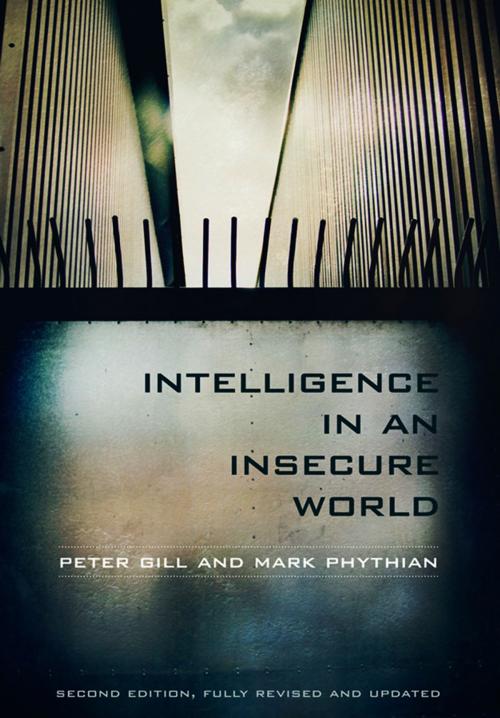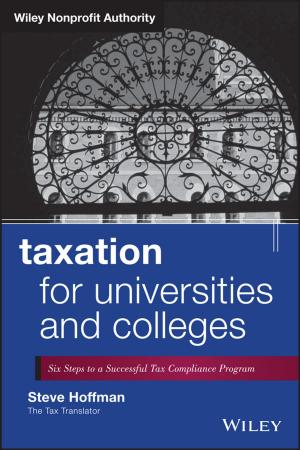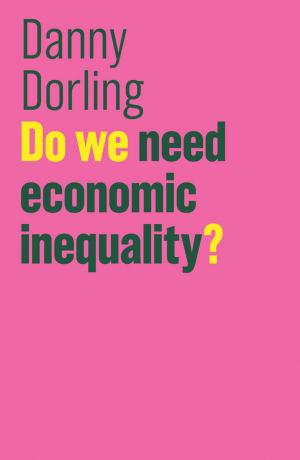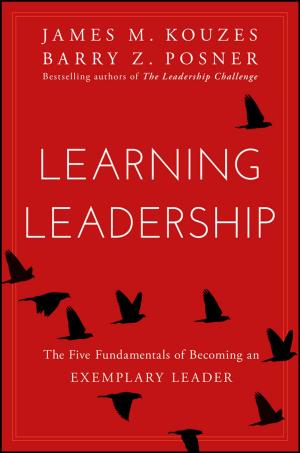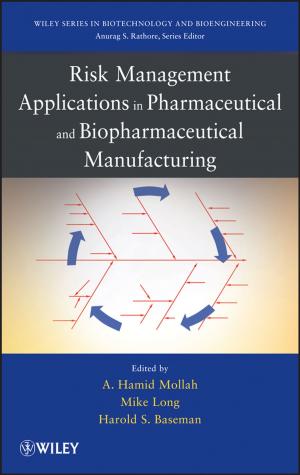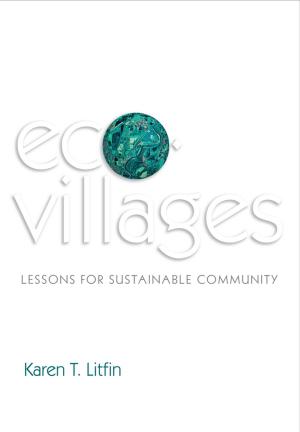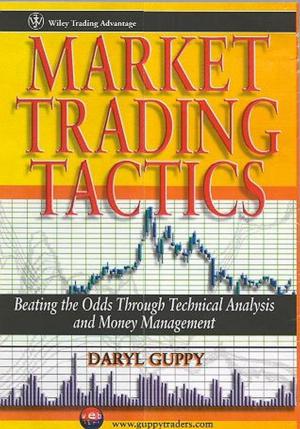Intelligence in an Insecure World
Nonfiction, Social & Cultural Studies, Political Science, International, International Relations| Author: | Peter Gill, Mark Phythian | ISBN: | 9780745680897 |
| Publisher: | Wiley | Publication: | August 27, 2013 |
| Imprint: | Polity | Language: | English |
| Author: | Peter Gill, Mark Phythian |
| ISBN: | 9780745680897 |
| Publisher: | Wiley |
| Publication: | August 27, 2013 |
| Imprint: | Polity |
| Language: | English |
Over a decade on from the terrorist attacks of 9/11, intelligence continues to be of central importance to the contemporary world. Today there is a growing awareness of the importance of intelligence, and an increasing investment in it, as individuals, groups, organizations and states all seek timely and actionable information in order to increase their sense of security.
But what exactly is intelligence? Who seeks to develop it and how? What happens to intelligence once it is produced, and what dilemmas does this generate? How can liberal democracies seek to mitigate problems of intelligence, and what do we mean by “intelligence failure?”’ In a fully revised and expanded new edition of their classic guide to the field, Peter Gill and Mark Phythian explore these and other questions. Together they set out a comprehensive framework for the study of intelligence, discussing how ‘intelligence’ can best be understood, how it is collected, analysed, disseminated and acted upon, how it raises ethical problems, and how and why it fails.
Drawing on a range of contemporary examples, Intelligence in an Insecure World is an authoritative and accessible guide to a rapidly expanding area of enquiry - one which everyone has an interest in understanding.
Over a decade on from the terrorist attacks of 9/11, intelligence continues to be of central importance to the contemporary world. Today there is a growing awareness of the importance of intelligence, and an increasing investment in it, as individuals, groups, organizations and states all seek timely and actionable information in order to increase their sense of security.
But what exactly is intelligence? Who seeks to develop it and how? What happens to intelligence once it is produced, and what dilemmas does this generate? How can liberal democracies seek to mitigate problems of intelligence, and what do we mean by “intelligence failure?”’ In a fully revised and expanded new edition of their classic guide to the field, Peter Gill and Mark Phythian explore these and other questions. Together they set out a comprehensive framework for the study of intelligence, discussing how ‘intelligence’ can best be understood, how it is collected, analysed, disseminated and acted upon, how it raises ethical problems, and how and why it fails.
Drawing on a range of contemporary examples, Intelligence in an Insecure World is an authoritative and accessible guide to a rapidly expanding area of enquiry - one which everyone has an interest in understanding.
